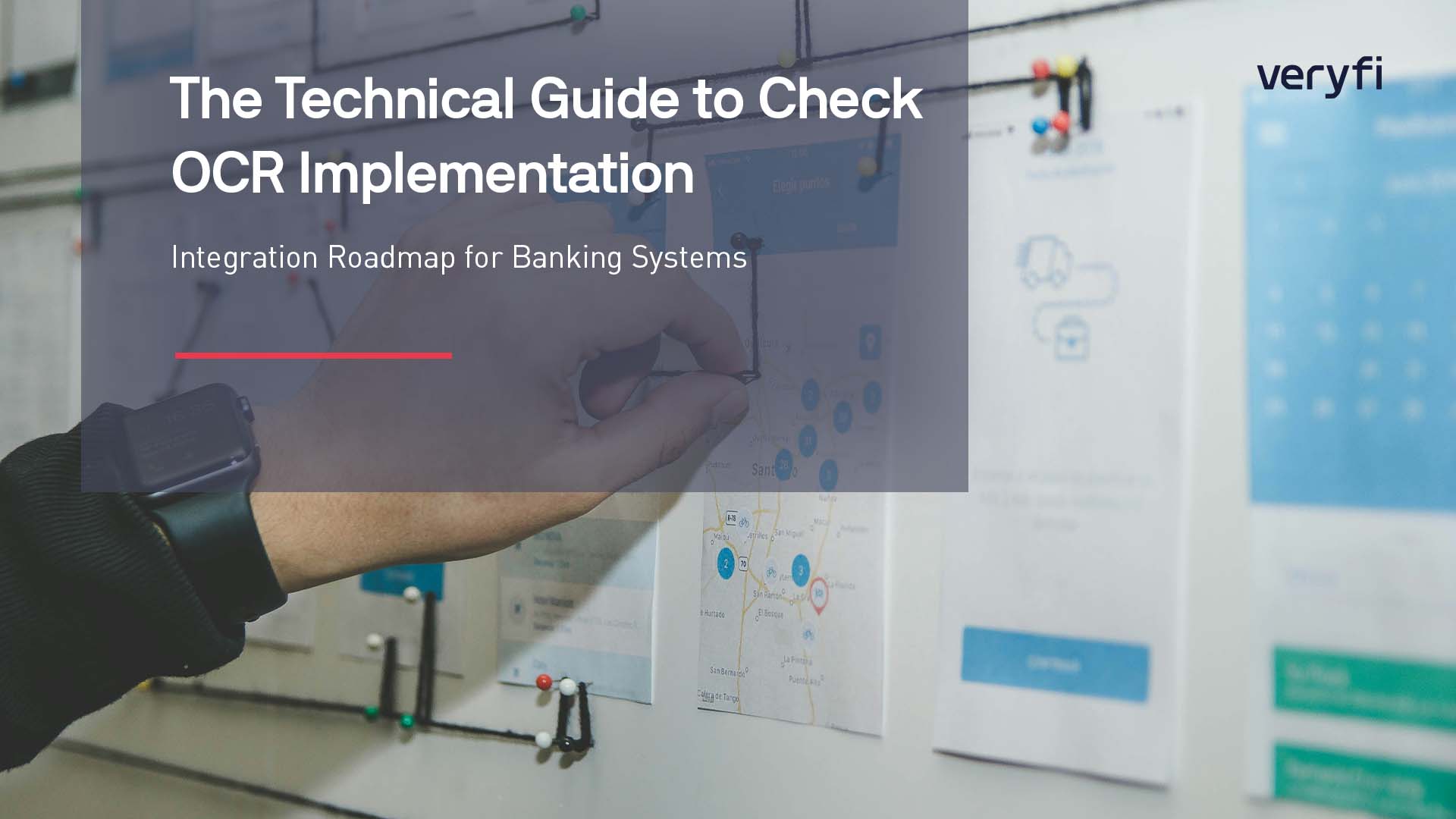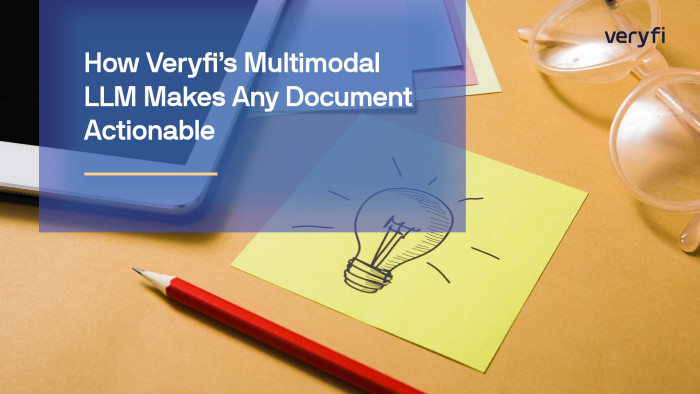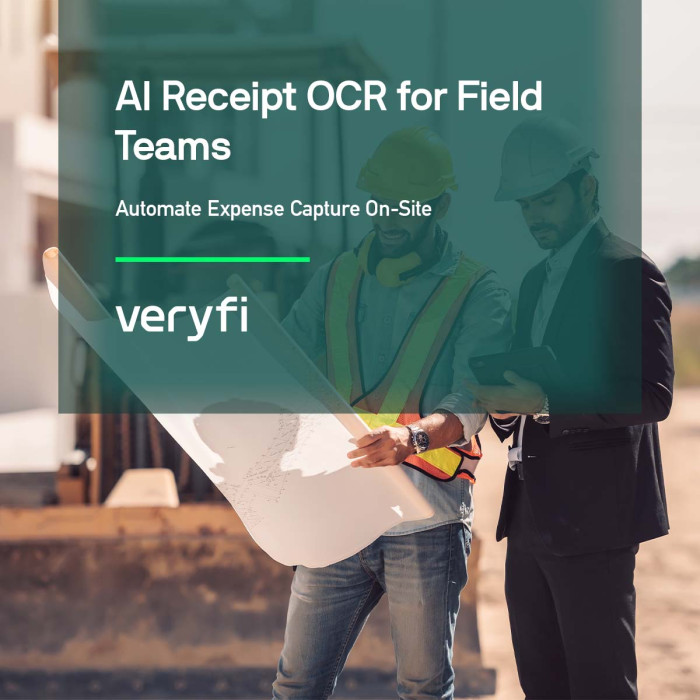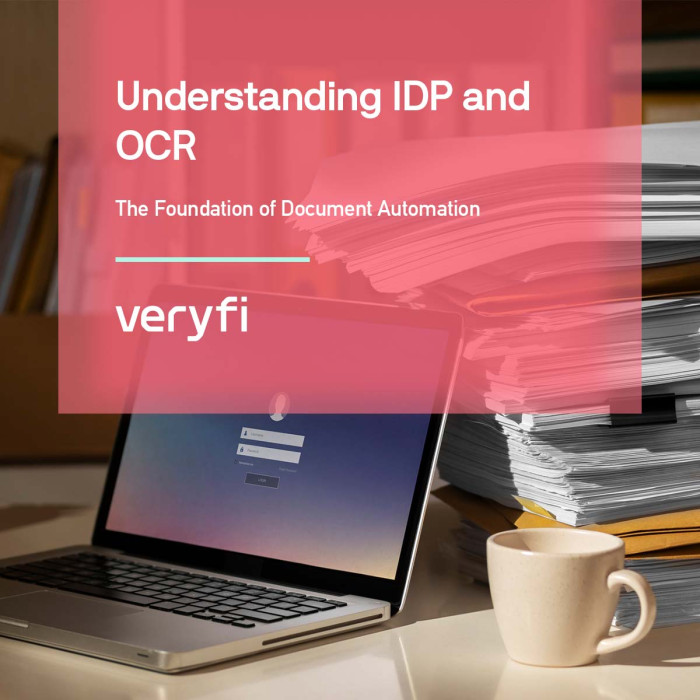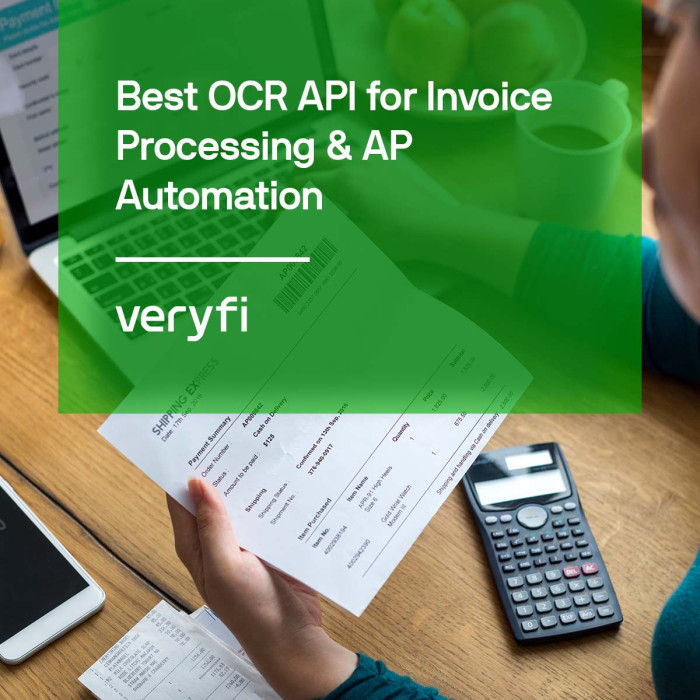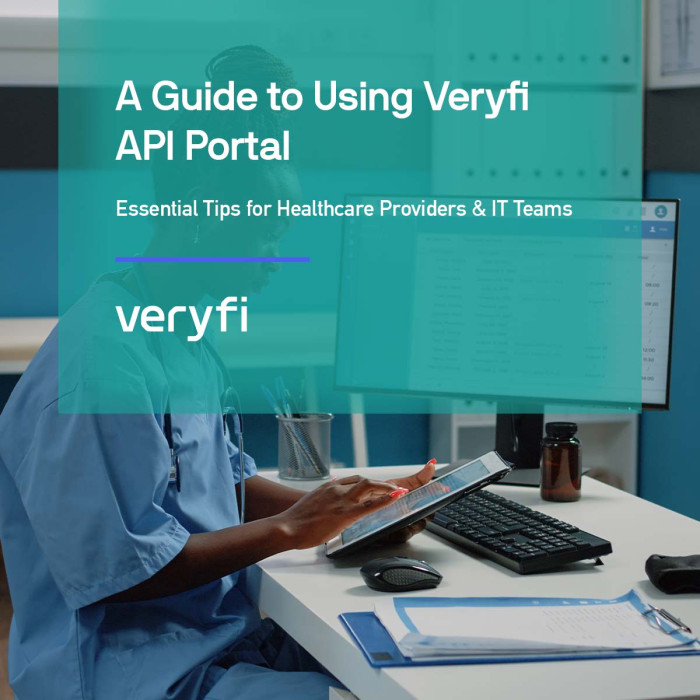Understanding the Integration Landscape
Implementing check OCR technology requires a strategic approach that aligns with your institution’s technology stack, security requirements, and customer experience goals. This guide provides a roadmap for successful implementation while avoiding common pitfalls.
Key Components of Veryfi’s Check Processing Solution
Veryfi’s Bank Checks OCR solution consists of integrated components designed to work together:
- Document Capture Layer: Mobile and browser-based tools for capturing check images
- Processing Engine: AI-powered extraction and fraud detection systems
- Integration Layer: RESTful APIs and SDKs for connecting with banking systems
- Business Rules Engine: Customizable workflows and validation rules
This modular approach allows banks to implement the components that best fit their existing infrastructure and customer needs.
Implementation Approaches: Strategic Options
Cloud Implementation (Recommended for Most Institutions)
Benefits:
- Rapid deployment (typically 2-4 weeks)
- Automatic updates to AI models and features
- Elastic scaling for processing volume fluctuations
- Minimal internal IT resource requirements
Ideal for: Regional and mid-size banks seeking fast implementation with minimal infrastructure investment.
Hybrid Implementation
Benefits:
- On-device preprocessing for improved user experience
- Selective cloud processing for complex extraction
- Balanced approach to data handling
Ideal for: Financial institutions with existing mobile apps seeking to enhance their check capture capabilities.
On-Premise Option (Enterprise Solution)
Benefits:
- Maximum data control and security
- Integration with air-gapped systems
- Compliance with specific regulatory frameworks
Ideal for: Large financial institutions with strict data sovereignty requirements or significant existing infrastructure investments.
Integration Points: Connecting with Banking Ecosystems
1. Mobile Banking Applications
Veryfi Lens provides drop-in modules for iOS and Android that enable:
- Intelligent check detection and boundary identification
- Automatic capture in optimal lighting conditions
- Front and back capture with endorsement verification
- Offline capture with queue management
Veryfi’s SDKs provide sophisticated capabilities including:
- Automatic check detection and boundary identification
- Optimal image capture regardless of background or lighting
- Front and back detection for endorsement verification
- Offline capture for later processing
Implementation Consideration: Determine whether to integrate as a native SDK or via API calls from existing mobile infrastructure.
2. Core Banking Systems
Connection options include:
- Direct API Integration: Real-time processing with modern core banking platforms
- Database Integration: Direct database connections for platforms with limited API capabilities
- File-Based Integration: Scheduled imports for legacy systems
Implementation Consideration: Evaluate your core banking system’s integration capabilities and choose the appropriate connection method. Check out Veryfi’s documentation to test drive the Interactive Check API.
3. Fraud Detection Systems
Veryfi’s fraud detection can be:
- Used as a standalone solution
- Integrated with existing fraud management platforms
- Configured to match your institution’s risk parameters
Implementation Consideration: Determine whether to use Veryfi’s built-in fraud detection exclusively or as a complement to existing systems.
Critical Success Factors: Achieving Implementation Excellence
1. Image Quality Optimization
The foundation of accurate check processing is high-quality image capture. Best practices include:
- Client-Side Validation: Implement real-time feedback on image quality
- Guided Capture Experience: Provide clear instructions for check positioning
- Automatic Enhancement: Apply image processing to optimize captured checks
Key Metric: Reduction in rejection rates due to poor image quality (target: <5%)
2. Exception Handling Workflow
Even with AI-powered processing, some checks will require manual review. Effective exception handling requires:
- Clear Routing Rules: Define which conditions trigger exceptions
- Review Interface: Create efficient tools for manual verification
- Learning Mechanism: Incorporate review outcomes into the system to improve future accuracy
Key Metric: Exception rate (target: <10% of total volume)
3. Integration Testing Methodology
Comprehensive testing should include:
- Variety Testing: Processing diverse check types, amounts, and formats
- Volume Testing: Ensuring system performance under load
- Edge Case Testing: Handling unusual or problematic check scenarios
- End-to-End Testing: Validating complete processing flow
Key Metric: First-time processing success rate (target: >95%)
Implementation Timeline and Approach
A successful Bank Checks OCR API implementation typically follows this schedule:
- Discovery Phase (2-3 weeks)
- Requirements gathering and integration approach definition
- Solution architecture design
- Security and compliance assessment
- Development Phase (3-5 weeks)
- API integration
- Mobile capture integration (if applicable)
- Core banking system connection
- Exception handling workflow development
- Testing Phase (2-3 weeks)
- Integration testing with test check data
- Performance validation
- Security review
- User acceptance testing
- Deployment Phase (1-2 weeks)
- Production deployment
- Monitoring setup
- Staff training
- Go-live support
Common Implementation Challenges and Solutions
Challenge 1: User Adoption of Mobile Capture
Solution: Focus on user experience design:
- Clear onboarding process with visual guidance
- Real-time feedback during capture
- Quick confirmation of successful processing
- Transparent status updates during processing
Challenge 2: Integration with Multiple Banking Systems
Solution: Implement a flexible integration architecture:
- Create standardized data formats for internal systems
- Develop adapters for different core banking platforms
- Establish clear API contracts between systems
- Utilize webhook notifications for cross-system updates
Challenge 3: Balancing Automation and Accuracy
Solution: Implement a tiered approach to processing:
- Straight-through processing for high-confidence extractions
- Automated review for medium-confidence items
- Manual review only for low-confidence or high-risk cases
- Continuous model training based on review outcomes
Measuring Success: Key Performance Indicators
| Technical Performance | Average processing time (target: <10 seconds) System availability (target: 99.9%) API response time (target: <2 seconds) |
| Operational Efficiency | Manual review reduction (target: 60-80%) Processing cost per check (target: 50-70% reduction) Exception handling time (target: <2 minutes per item) |
| User Experience | Mobile capture success rate (target: >90%) Check deposit completion rate (target: >95%)Customer satisfaction scores (target: 15% improvement) |
Getting Started: Your Implementation Roadmap
For banking IT teams ready to implement Veryfi’s Bank Checks OCR API, follow these steps:
- Assessment Phase
- Evaluate current check processing workflows
- Identify integration requirements and constraints
- Define success criteria and KPIs
- Solution Design
- Select appropriate implementation approach
- Design integration architecture
- Define security and compliance parameters
- Resource Planning
- Identify required technical resources
- Establish project timeline and milestones
- Create training plan for staff and customers
- Vendor Engagement
- Request API access and documentation
- Schedule technical discovery session
- Develop joint implementation plan
With Veryfi’s flexible integration options and experienced implementation team, most financial institutions can deploy advanced check processing capabilities within 6-8 weeks, delivering significant operational improvements and enhanced customer experiences.
For more detailed technical specifications or to discuss your institution’s specific implementation needs, contact Veryfi’s specialists or start with a free 14-day trial to explore the API capabilities.
